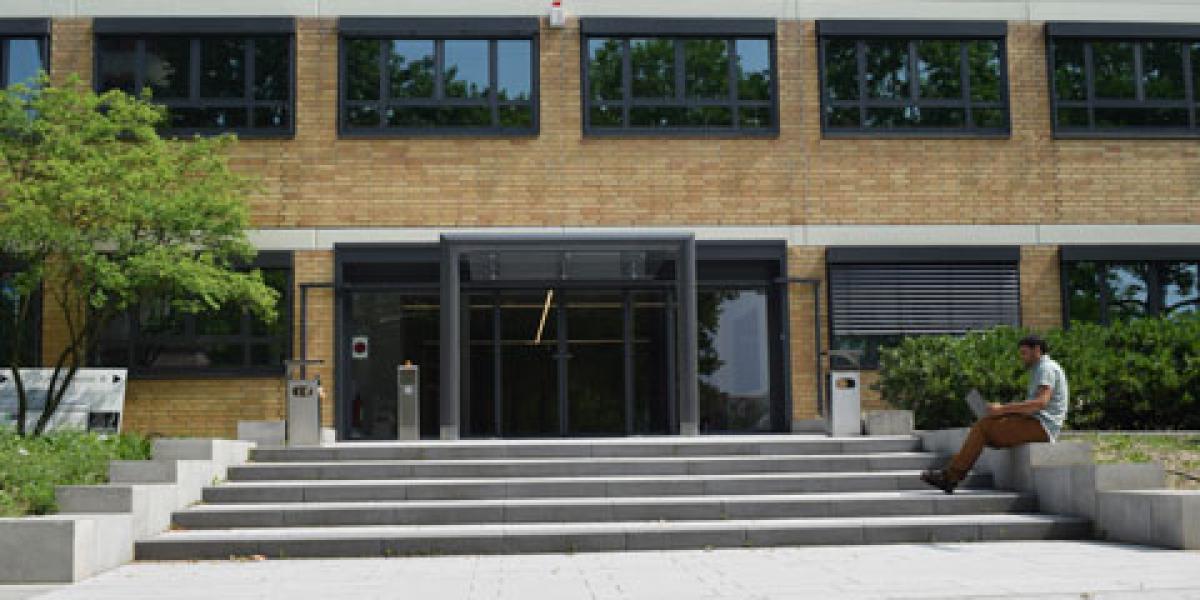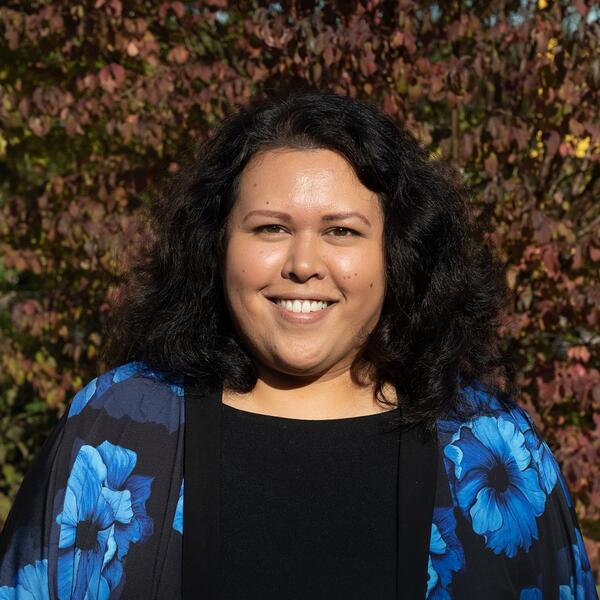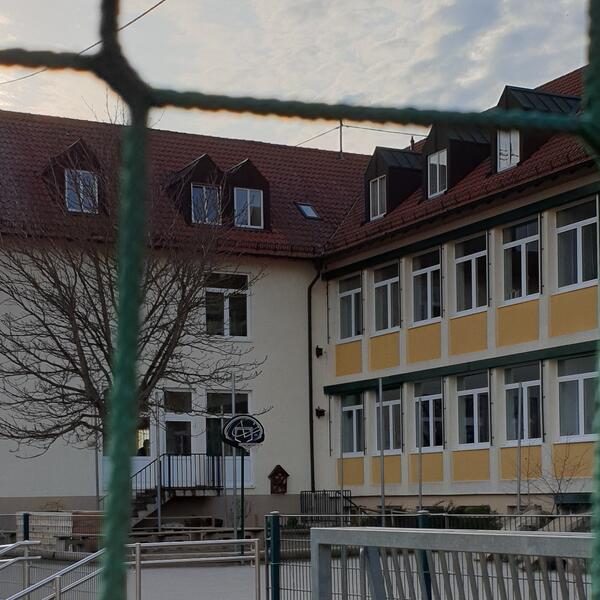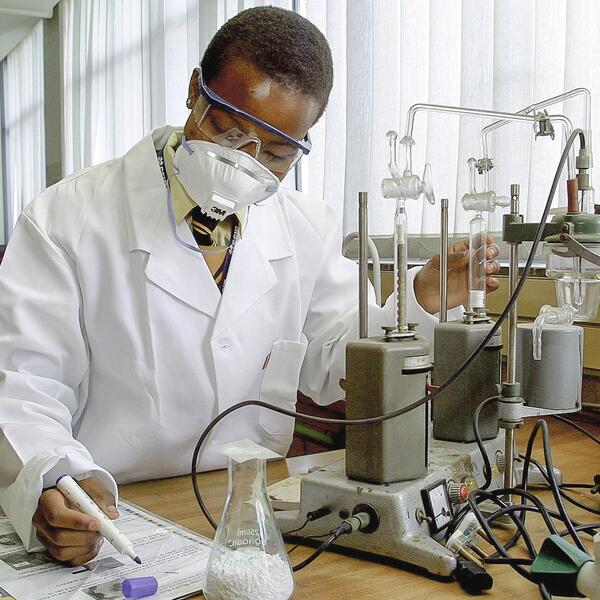
Secondary schools
Secondary schools must be attended after children complete primary school. There are different types of secondary schools. The most common are: "Hauptschule" (main secondary school), "Realschule" (middle school), and "Gymnasium" (academic high school). However, there are other types of secondary schools. Always keep in mind that there are major differences between the school systems of the different federal states.
Which type of school is adaquate as a secondary school depends mainly on a child's school performance. In some federal states, attending a Realschule or a Gymnasium requires a certain grade average. In other federal states, on the other hand, the decision lies solely with the parents. Primary schools make recommendations for choosing the right type of secondary school. After consultation with the parents, the schools (primary schools) that are responsible for the children's education usually also register the children at the secondary schools. It should be noted that the so-called "Sprengel obligation" ("Sprengel-Pflicht") usually applies. According to this rule, children must attend the school or one of the schools closest to their place of residence or the school district in which they live. Attending a state school is free of charge. However, there are different costs for learning materials.
Hauptschule
A Hauptschule is a general secondary school with an intermediate level of education. The classes at a Hauptschule is particularly practice-oriented. This is why there are many subjects taught here that are not taught in the other types of secondary schools. One of the main subjects, for example, is "Arbeitslehre" (business and employment studies). A Hauptschule works very closely with the local employment agencies to enable pupils to make the transition to vocational training. In Rhineland-Palatinate, there are no longer any Hauptschule. In Rhineland-Palatinate, the "Berufsreife" (vocational maturity) course is integrated into a school type called "Realschule plus" ("middle school plus").
Realschule
In Germany, classes at a Realschule combine a focus on vocational training with a professional or scientific orientation. For this reason, the perspectives after attending a Realschule are as diverse as the classes. The Realschule certificate is also called "mittlerer Abschluss" or "mittlere Reife" (middle school certificate). With this certificate, generally it is also possible to get the so-called "Fachabitur" (advanced vocational certificate of education), which qualifies to a study at a university of applied sciences and/or also in selected Bachelor degree courses. In Rhineland-Palatinate, secondary schools called "Realschule plus" offer the degrees "Berufsreife" (after the 9th grade) and "Mittlere Reife" (after the 10th grade). There is also a special type of school in Baden-Württemberg called "Werkrealschule", which offers both the "Hauptschulabschluss" and the "Mittlere Reife".
Gymnasium
A Gymnasium is a school for children with good to very good grades. The Gymnasium is divided into two phases: secondary education I / elementary level (Sekundarstufe I / Unterstufe) and secondary education II / advanced level (Sekundarstufe II / Oberstufe). Secondary education I goes from 5th to 9th grade and secondary education II goes from 10th to 13th grade. Some years ago, the so-called G8 was introduced, which was to reduce the Gymnasium school time to 8 years (with a certificate after the 12th grade). The Gymnasium certificate is usually called "Abitur" or "Allgemeine Hochschulreife". In most federal states, there are now Gymnasiums with Abitur after 8 and Gymnasium with Abitur after 9 years.
Integrierte Gesamtschule (Integrated comprehensive school)
An "Integrierte Gesamtschule" is a school in which pupils with recommendations for Hauptschule, Realschule and Gymnasium are taught together. The aim of this type of school is that the pupils experience joint learning and social interaction with each other and at the same time are taught and supported according to their individual abilities. For this purpose, so-called Förderkurse (special classes for learners with special needs), Grundkurse (basic classes) and Erweiterungskurse (advanced classes) are offered in a number of subjects. Integrated comprehensive schools are often very popular, so that parents sometimes enrol far more children in integrated comprehensive schools than the school can accommodate.


